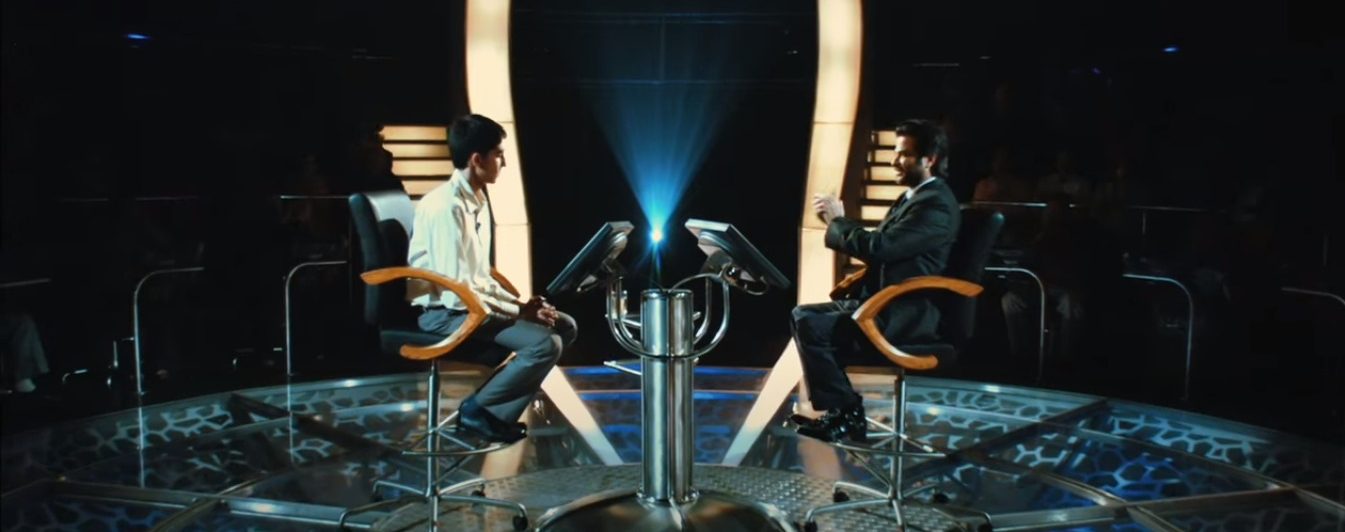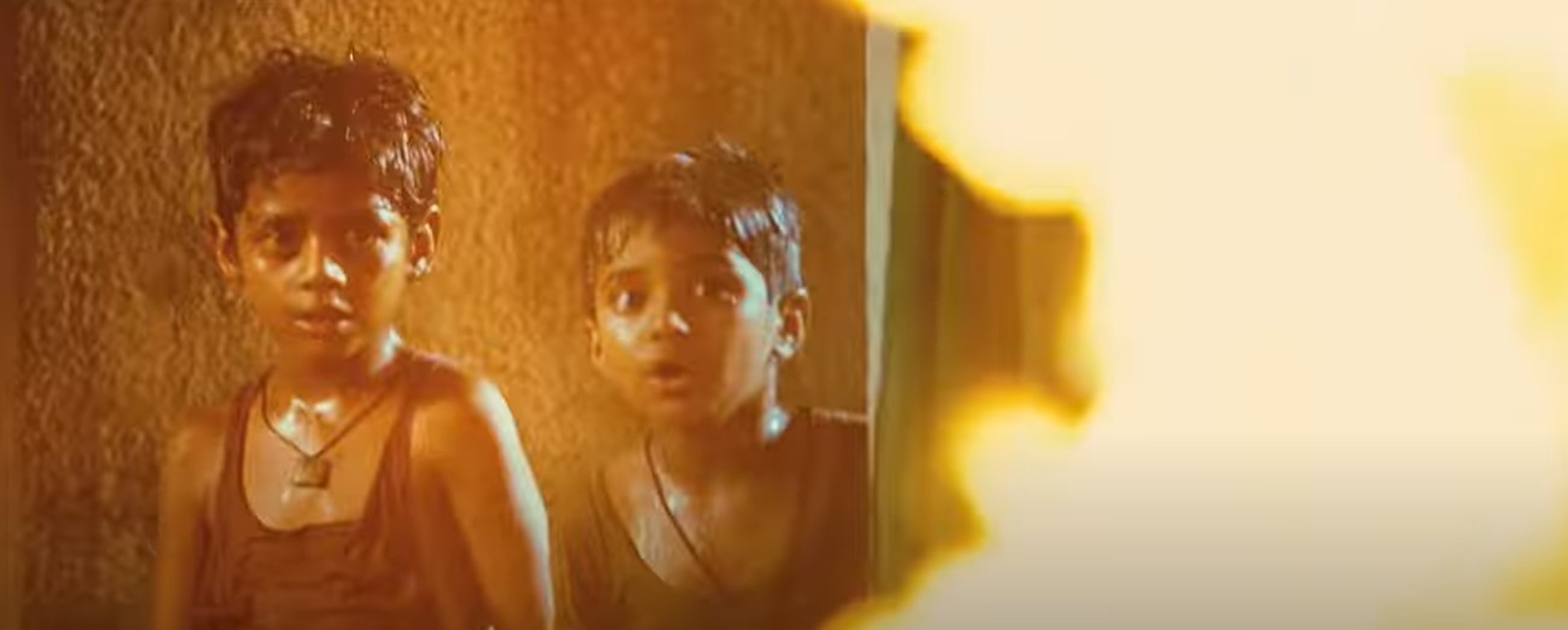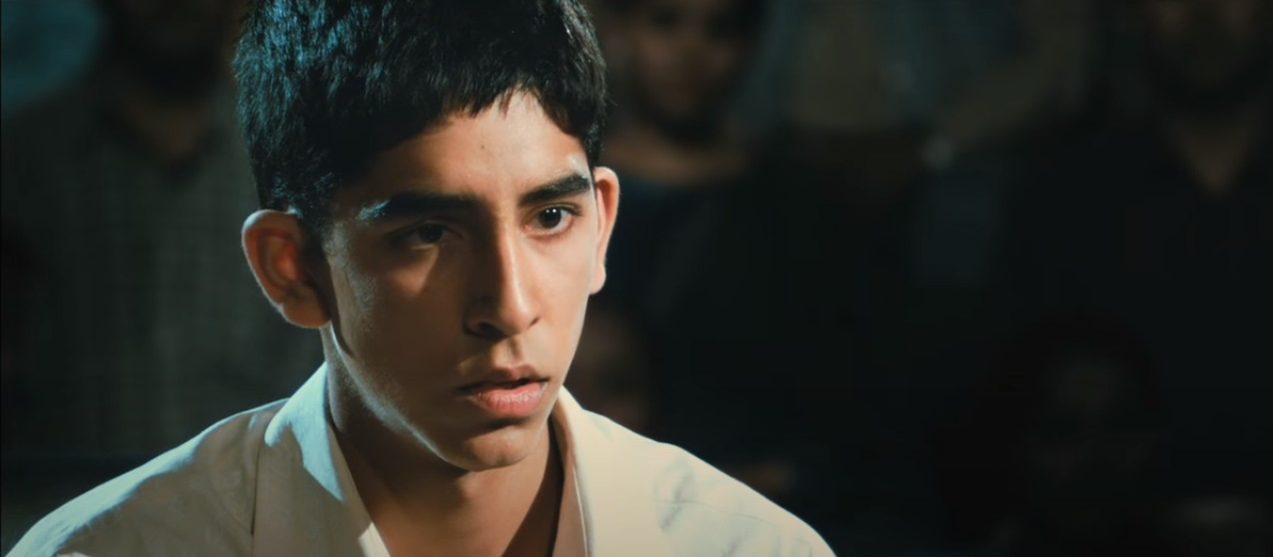Danny Boyle’s 2008 directorial ‘Slumdog Millionaire’ is a drama movie that follows Jamal Malik, an 18-year-old orphan from the slums of Mumbai who finds himself on the country’s most-watched game show. On the precipice of winning 20 million rupees, he faces suspicion for inexplicably knowing the answers to all the questions posed to him so far on the show. Depicted through flashbacks, the young man recounts his various life experiences, which taught him all he needed to know to answer the questions.
As remarkable as the story is, it also folds in some disturbingly authentic details about life in the slums. The multi-Oscar-winning film straddles a narrative that appears to have all the markings of an inspiring real-life anecdote, so can that be the case? Let’s take a closer look and see if ‘Slumdog Millionaire’ is inspired by actual events or not.
Is Slumdog Millionaire a True Story?
No, ‘Slumdog Millionaire’ is not based on a true story. Adapted from a screenplay by Simon Beaufoy, the film is loosely based on the 2005 fictional novel ‘Q & A’ by retired Indian diplomat Vikas Swarup. The screen adaptation retains the book’s overall gameshow-centered plot but makes significant changes to the narrative, including introducing the leading characters of Jamal and his brother, Salim. Swarup’s book centers on Ram Mohammad Thomas, a young waiter who is arrested on suspicions of having cheated to win the gameshow money.

The young man explains to the police how his varied life experiences taught him the answers to the gameshow’s questions. Chapters in the book focus on a particular question and the related incident from Thomas’ life. Fittingly, each chapter is titled as the amount of money the young man stands to win if he answers correctly. The novel, which happens to be Swarup’s debut, is a work of fiction but attempts to describe several socio-economic realities.
Through Thomas’ experiences, the reader gets detailed descriptions of what an Indian city’s grimy underbelly might look like. Underground economies of prostitution, forced child labor, thievery, and many other aspects are explored in detail, and through them, Swarup seemingly attempts to give his fictional character an authentic backdrop. The screen adaptation’s protagonist Jamal hails from similarly unfavorable conditions, and the film features vivid and detailed sequences depicting the more sordid and illegal aspects of Mumbai slums.
The details presented in both the book and movie, though compelling, are largely fictional, but some real-life events possibly influenced the initial idea of the story. In 2001, a former British Army major named Charles Ingram gained notoriety after being stripped of the £1 million prize money he won on the UK version of ‘Who Wants To Be A Millionaire?’ reportedly using a “coughing accomplice.” At around the same time, there were reports in the news about children living in Indian slums with access to mobile phones and the internet.

Swarup reasoned that if an army major could be pulled up for cheating on the game show, a tiffin boy from a slum, like his book’s protagonist, could get in trouble for allegedly cheating as well. This is how the book’s overarching plot and central character seemingly came about. Of course, the fact that it centers around the actual show ‘Who Wants To Be A Millionaire?’ helps make it feel more authentic. Similarly, the film features a dramatized version of the popular game show’s actual Indian counterpart, ‘ Kaun Banega Crorepati?.’
Moreover, the book features a character named Neelima Kumari, an actress specializing in tragic roles for whom the story’s protagonist briefly works. Neelima Kumari is apparently based on the late iconic Indian actress Meena Kumari, who was popularly known as “The Tragedy Queen.” Similarly, ‘Slumdog Millionaire’ includes a dramatized version of the famous Indian actor Amitabh Bachchan, who, incidentally, hosts the Indian show ‘Kaun Banega Crorepati?’
Perhaps the film’s greatest accomplishment is how well it balances its fictional narrative with characters and circumstances that seem true to life. Like its sourcebook, the screen adaptation has also been noted for its authentic depiction of a relatively hidden and seedy side of Indian society. By imbibing the fictional rags to riches story with various interesting details and anecdotes, the makers of ‘Slumdog Millionaire’ give the movie a feeling of compelling authenticity.
Read More: Best Movies Based on Books


You must be logged in to post a comment.